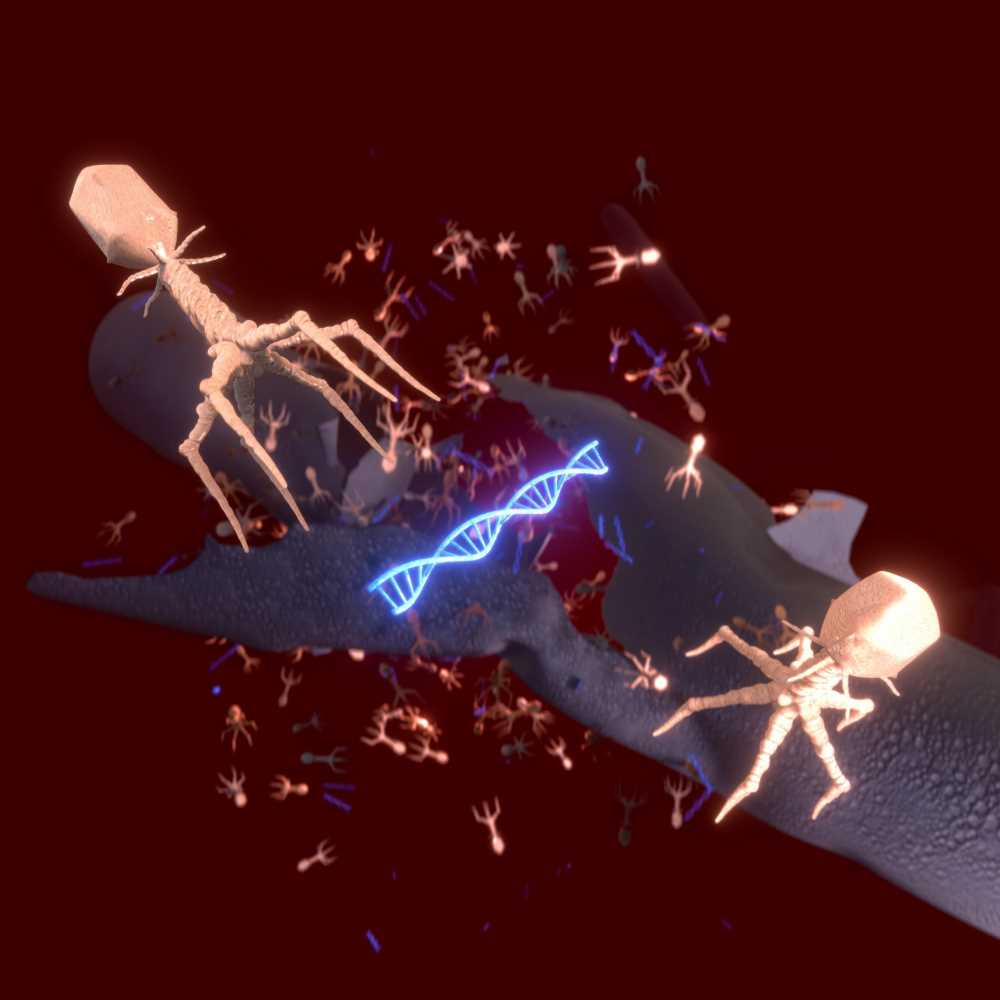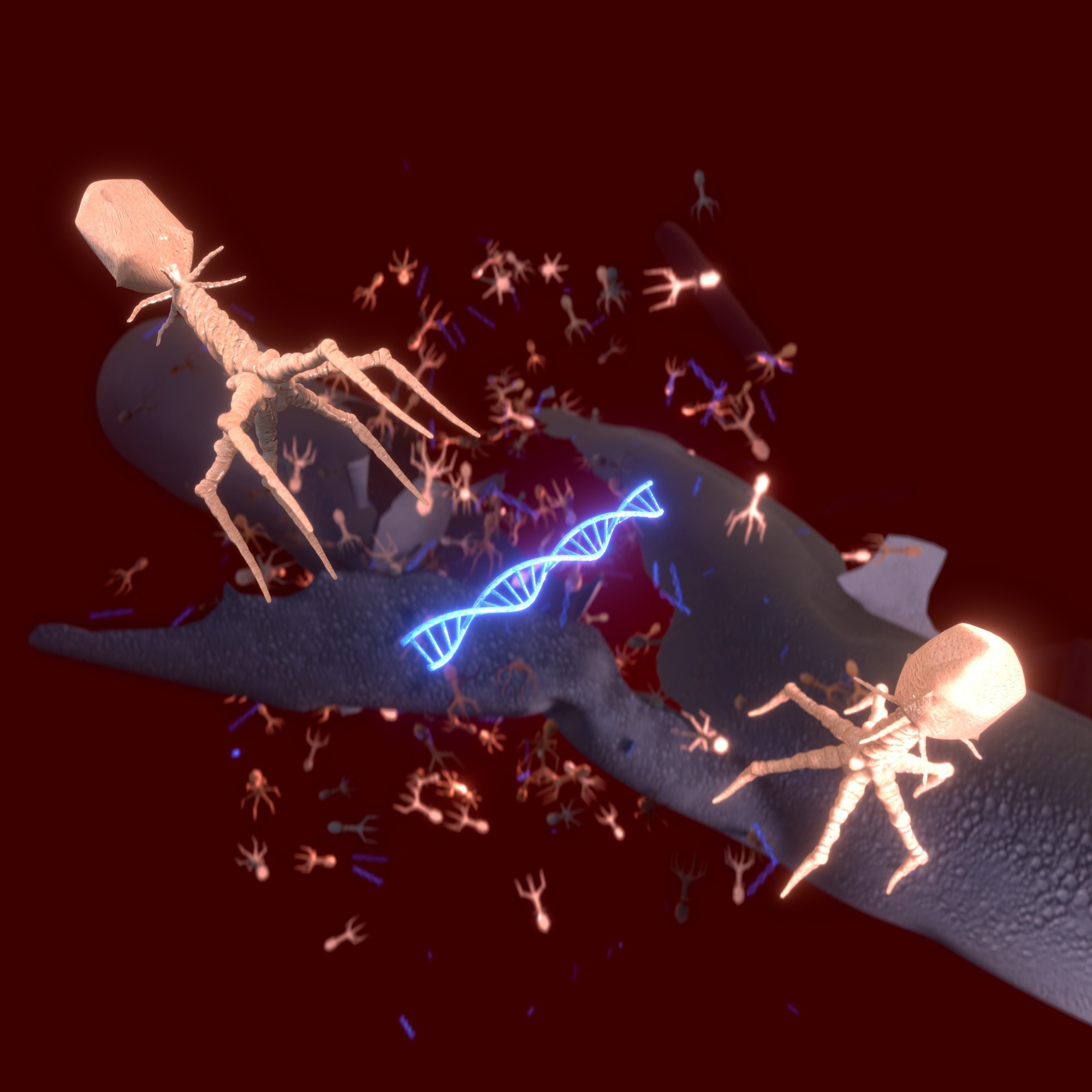
Tuberculosis is caused by a bacterium that has evolved to evade the body’s immune system; now, its natural enemy, a phage, is being used to detect the infection at an early stage. The UK’s first Centre for Phage Research is being officially launched on 16th May and featured in the Innovate UK KTN’s UK Phage Innovation Showcase will be Actiphage®, a phage-based molecular diagnostic for tuberculosis.

Catherine Rees, Professor of Microbiology at University of Nottingham, is a co-founder of PBD Biotech, developers of Actiphage.
I am delighted to be supporting the launch of the University of Leicester’s Centre for Phage Research and to be given an opportunity to highlight our phage-based technology in the KTN UK Phage Innovation Showcase. These developments emphasise the UK’s recognised strength in phage research and I look forward to the exciting new collaborations and technology developments that will arise from these important networking events.”
Catherine Rees, Professor of Microbiology, University of Nottingham | Co-founder, PBD Biotech | Developers of Actiphage
A quarter of the world’s population are carriers of tuberculosis but show no symptoms. It can remain hidden in the body and only progress to full disease when the immune system is weakened, perhaps by other disease or malnutrition. Tuberculosis disease is preventable but can be fatal unless treated. The challenge is how to detect the people that have active disease and treat them before they become infective – thereby breaking the cycle of infection.
The bacterium, Mycobacterium tuberculosis (Mtb) has proven difficult to detect as it has a hard cell wall that prevents the release of its DNA, and it is slow to culture. Actiphage uses a phage, a virus specific to Mtb, to find live cells of Mtb in the blood.
Research at the NIHR Respiratory Biomedical Research Centre in Leicester by Clinical Senior Lecturer and Honorary Consultant Physician, Dr Pranabashis Haldar, has shown that Mtb detected in the blood using Actiphage is an indicator of active TB disease; this is a potential breakthrough in the fight to End TB.
As we see with the Actiphage test, phages can enhance the scope and sensitivity of molecular diagnostics for bacterial infections by providing a mechanism to identify and release target genetic material for PCR based amplification.
There are specific phages known to infect the vast majority of bacteria that cause infections. Phages are also versatile and may be modified to enable different approaches to the development of clinical diagnostics.”
Dr Pranabashis Haldar, NIHR Respiratory Biomedical Research Centre in Leicester by Clinical Senior Lecturer and Honorary Consultant Physician
Dr Haldar has been invited to join a panel group at the event and he thinks that phages will have multiple roles in the prevention and treatment of bacterial infections.
For more information about the Centre for Phage Research visit le.ac.uk/research/centres/phage-research.
To find out more about Actiphage visit pbdbio.com.
Register for the launch event at iuk.ktn-uk.org/events/uk-phage-innovation-showcase/.
PBD Biotech
Posted in: Life Sciences News
Tags: Bacteria, Blood, Cell, Cell Wall, Clinical Diagnostics, Diagnostic, Diagnostics, DNA, Genetic, Immune System, Malnutrition, Microbiology, Molecular Diagnostics, Research, Respiratory, Technology, Tuberculosis, Virus
Source: Read Full Article